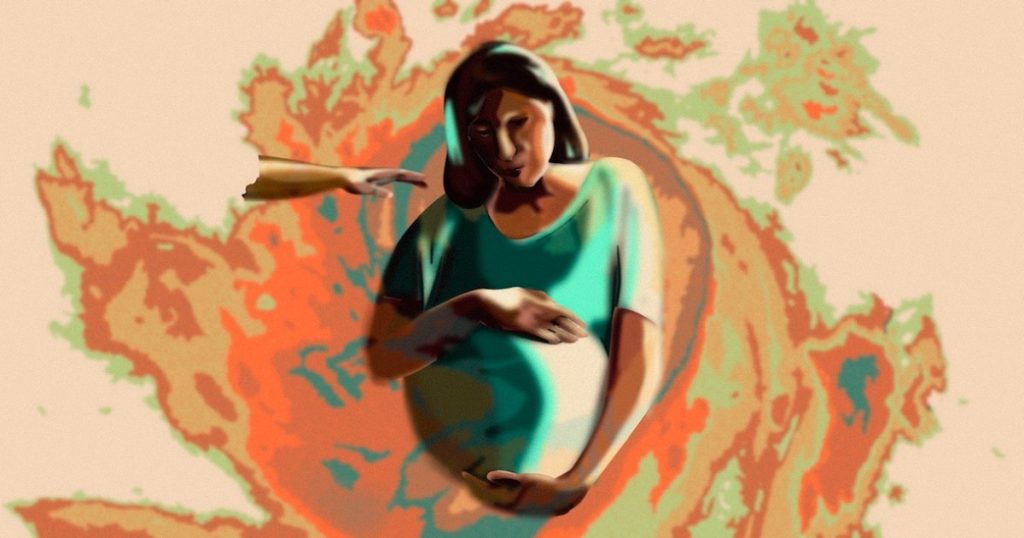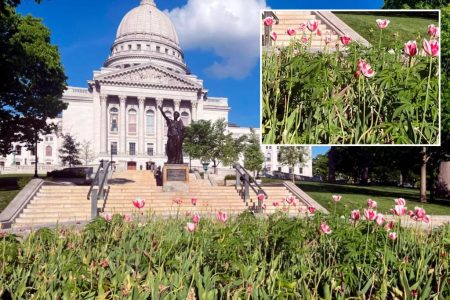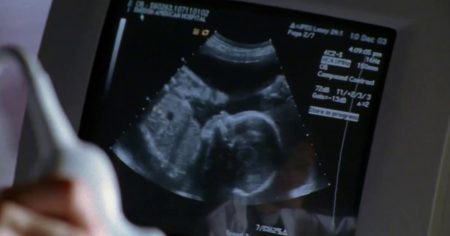The article discusses the challenges of reproductive access and maternal care on the island of Guam, focusing on the experiences of CHamoru women. Following the closure of the only standalone birth center on the island, pregnant women are left with limited options for maternity care, relying primarily on a single hospital and one doula for support. Additionally, the lack of abortion services further compounds the reproductive access issues faced by women on Guam.
In response to these challenges, the Birthworkers of Color Collective, a CHamoru women-led organization, has been training CHamoru doulas to provide support to pregnant women on the island. These doulas aim to address the increasing frequency of climate disasters like Typhoon Mawar, which have highlighted the vulnerability of birthing people in emergency situations. The collective seeks to equip the community with Indigenous-centered reproductive practices and rapid-response birthing support in the face of environmental and cultural barriers.
Founder of the Birthworkers of Color Collective, Stevie Merino, emphasizes the intersectionality of reproductive justice, climate injustice, food insecurity, and affordable housing in discussions of reproductive access and rights. She highlights the unique challenges faced by territories like Guam, which are disproportionately impacted by laws and decision-making that do not adequately address their specific needs. Merino stresses the importance of considering these intersecting issues when advocating for reproductive rights.
Climate change has exacerbated reproductive access issues on Guam, with pregnant women being more likely to suffer disproportionately during extreme climate events. The island’s high maternal and infant mortality rates, along with environmental and cultural issues stemming from its history and strategic location, further complicate the situation. The presence of nuclear waste and radiation from military testing has contributed to elevated rates of infertility, miscarriages, and birth complications in the region.
The historical context of Guam, including its periods of colonization and militarization, has had a lasting impact on traditional CHamoru healing practices. Traditional healers, who once practiced plant medicine for pregnant bodies and babies, were persecuted by outside forces such as the Catholic Church and military governments. As a result, many of these practices were lost over time, leading to a recent resurgence of interest in reclaiming Indigenous healing methods through initiatives like doula training.
The recentering of Indigenous practices through doula training represents a hopeful step towards addressing the reproductive access challenges faced by CHamoru women on Guam. By empowering women in the community to provide culturally sensitive and holistic support during pregnancy and childbirth, the Birthworkers of Color Collective is working to ensure that all pregnant individuals have access to the care they need, even in the face of climate disasters and other emergencies.















